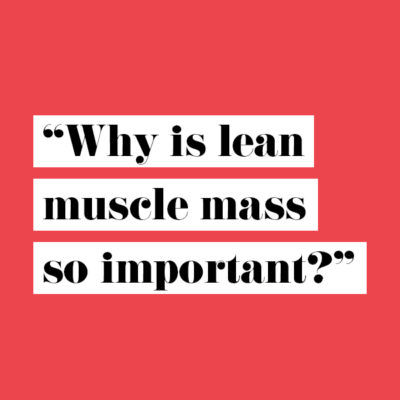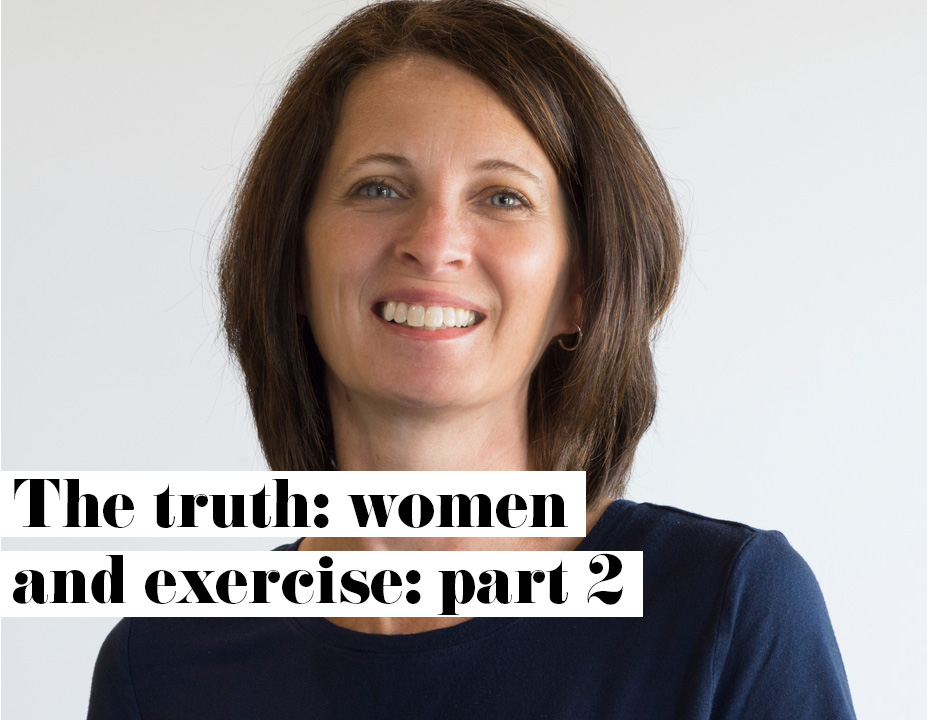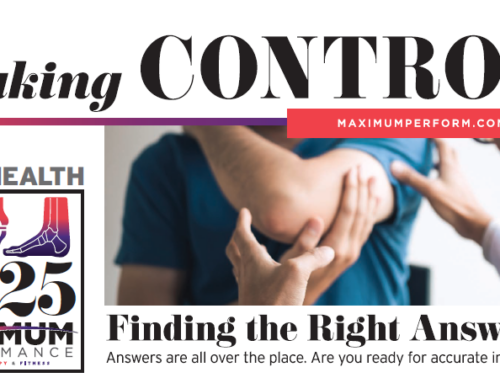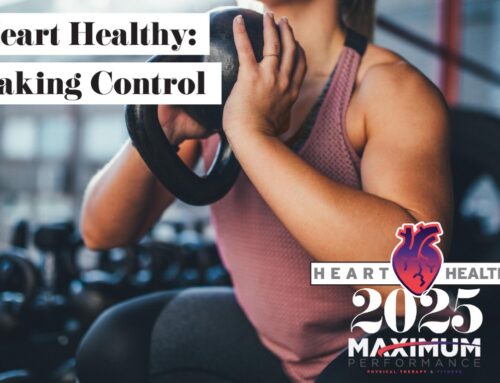The Truth: Women and Exercise: Part 2
STEPHANIE JOHNSON, Maximum Performance Physical Therapist
In my last blog, we defined body mass, lean muscle and bone density. Now, let’s talk about why they are key indicators about our health and how they are interrelated.
 Why is lean muscle mass so important? Because it boosts your metabolism! The higher your lean muscle mass, the higher your metabolism, which means you burn more calories – triple, actually. Here’s how: one pound of fat burns two calories; but one pound of muscle burns six calories.
Why is lean muscle mass so important? Because it boosts your metabolism! The higher your lean muscle mass, the higher your metabolism, which means you burn more calories – triple, actually. Here’s how: one pound of fat burns two calories; but one pound of muscle burns six calories.
Lean muscle mass is also a hormone regulator. By decreasing body fat, you are simultaneously decreasing estrogen levels, which reduces your risk of developing certain cancers and cardiovascular problems.
Next, lean muscle mass improves bone density and reduces the risk of osteopenia and osteoporosis. This isn’t a concern when we’re in our ’20s and ’30s, but it should be. Fractures, as a result of osteoporosis, are a leading cause of people losing their independence. We’d all probably make better choices if we really understood how our decisions today affect us 20, 30 or 40 years down the road.
So, if increasing our lean muscle mass is so great, why don’t we do it? Well, for several reasons. We gradually lose lean muscle mass as we age because we tend to be less active.
We need to reverse this sedentary trend and set better examples for our children and grandchildren.
Some women also tell me they are afraid they will “bulk up” when we talk about using weights but that only happens if you are specifically training to be a weight lifter. Because women have significantly less testosterone than men, you have to really try to make that happen!
I saved the best for last: weight loss. The biggest myth we fell for was that calorie restriction and cardiovascular exercise are the best ways to lose weight. When we don’t feed the body what it needs, it protects itself. Fat-loving enzymes increase and store fat into our fat cells, and our metabolism decreases to conserve energy. Then, when we exercise and burn calories, which may work if we haven’t restricted our calories too much, we may lose weight. The kicker is you lose lean muscle and fat equally. Remember what we said earlier? You need more lean muscle mass.
A general understanding of body mass, lean muscle and bone density will help keep you on track to achieve your fitness goals. But remember you are not in this alone. Our personal trainers can identify the best plan based on science. And that’s the truth.



